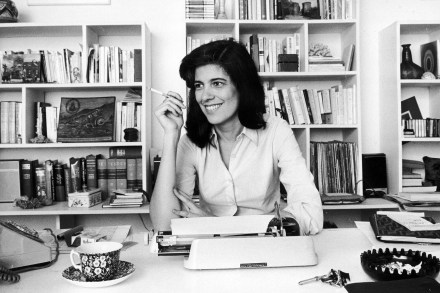As Lyra grows up, Philip Pullman’s materials grow darker
Two years after Philip Pullman published La Belle Sauvage, the prequel to His Dark Materials trilogy, we have its long-awaited sequel, The Secret Commonwealth. Set ten years after the end of The Amber Spyglass, it follows the further adventures of Lyra, now a 21-year-old student at St Sophia’s College. Oxford. No longer a child, orphaned and (as she is about to discover) penniless, she has bigger problems even than her yearning for Will. She is estranged from her daemon, Pantalaimon (or Pan). Part of Pullman’s striking originality lies in his conception of a world like and unlike our own, in which human souls are visible as animals. Everybody must stay

